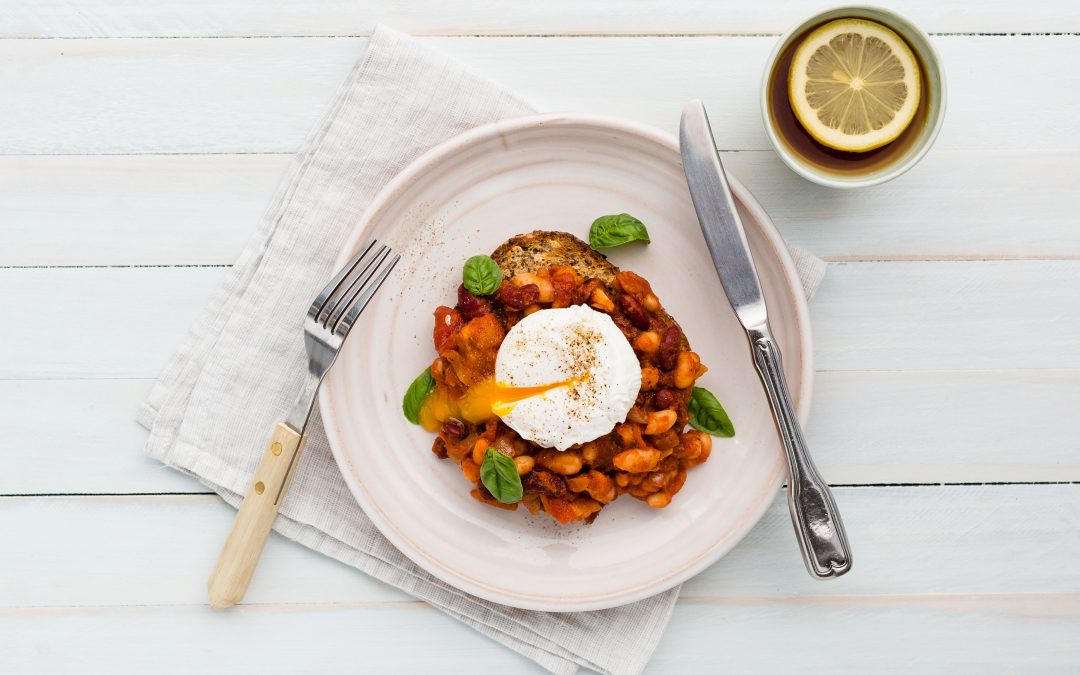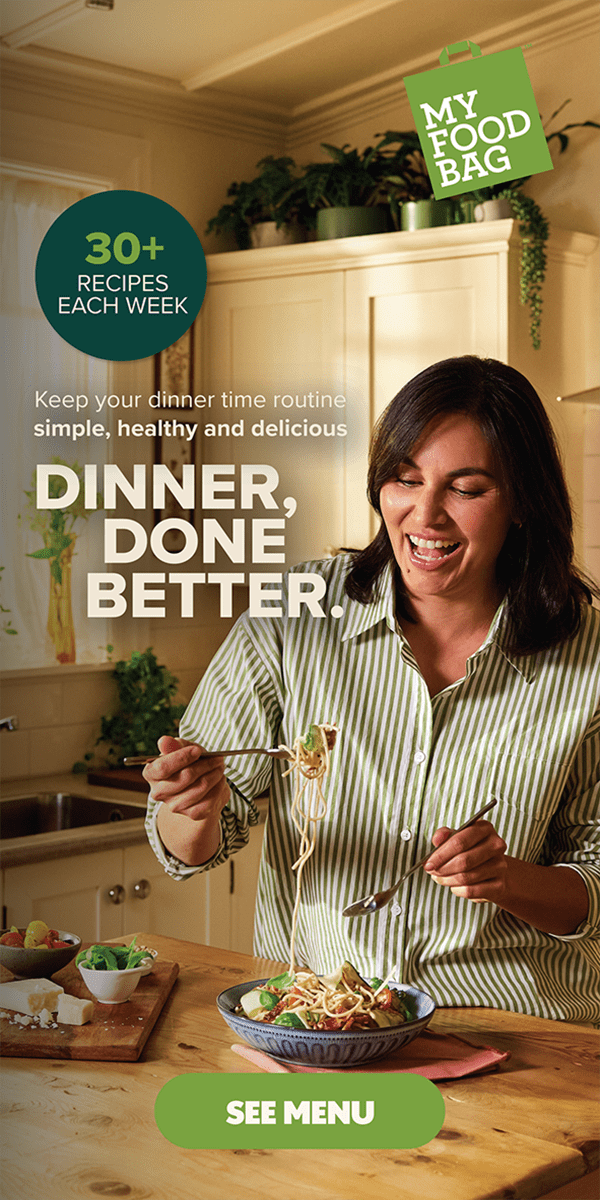Georgia ‘Salsa’ has some small and simple changes you can make to reduce the amount of food waste that your household produces every week.

Is food waste really THAT bad?
In New Zealand, we throw away a shocking 157,389 tonnes of food each year. This massive amount of waste usually comes straight from the fridge or pantry. It can be the result of cooking too much and throwing out leftovers, buying more than can be eaten before it goes bad or simply storing food wrong which prevents it lasting. It’s not all bad though, there are some small and simple changes you can make to reduce the amount of food waste that your household produces every week.
How can I reduce my food waste? 🙇♂️
One of the first things we can do to reduce unnecessary food waste is to reduce the volume of food we purchase. Planning ahead and writing a shopping list will help you only buy the ingredients you need for your meals. Without a list, it can be very easy to add a few extra things to the trolley that will ultimately end up wasted. At My Food Bag, we do our best to supply you with just the right amount of fresh ingredients that you need for the week’s meals, meaning little to no waste at the end of the week!
Fruit is a common offender that we can often leave in the bowl a day too long, only to toss out the wrinkling up apples or browning bananas by the end of the week. Stewing fruit is a super easy (and delicious) way to preserve it for longer. Just chop up your fruit and add it to a pot with a little sugar and water. That’s it! The fruit will soften and thicken, and you’ll have a deliciously sweet addition to breakfasts and desserts. Our favourite way to enjoy stewed fruit is on a bowl of warm porridge or made into a delicious crumble. You can also freeze down bananas and other fruits for smoothies. And we can’t forget how perfect those overripe bananas are for a wholesome, homemade banana bread!
What if I can’t eat the food waste? 🤷♀️
For scraps and food waste that won’t get eaten, composting is a great solution. Composting is the process of gathering organic materials, such as food scraps, and decomposing them into a soil-like substance. Once composted, this matter (a.k.a. compost) then becomes a supplement for healthy soil. Compost is basically nature’s way of recycling! Things like vegetable and fruit scraps, coffee grounds, tea bags, eggshells and grass clippings are all great contributions. However, meat and dairy scraps, fats and oils, and weeds are not, as they could affect your compost quality. Here are some great and easy tips on how to get started with composting.
Reducing food waste in your household may take some creativity and time, but it can be fun and delicious too. There are so many ways to use up food that you may have considered waste, and it’s the perfect way to lower your households contribution to the mass amounts of food wasted every year in New Zealand.

